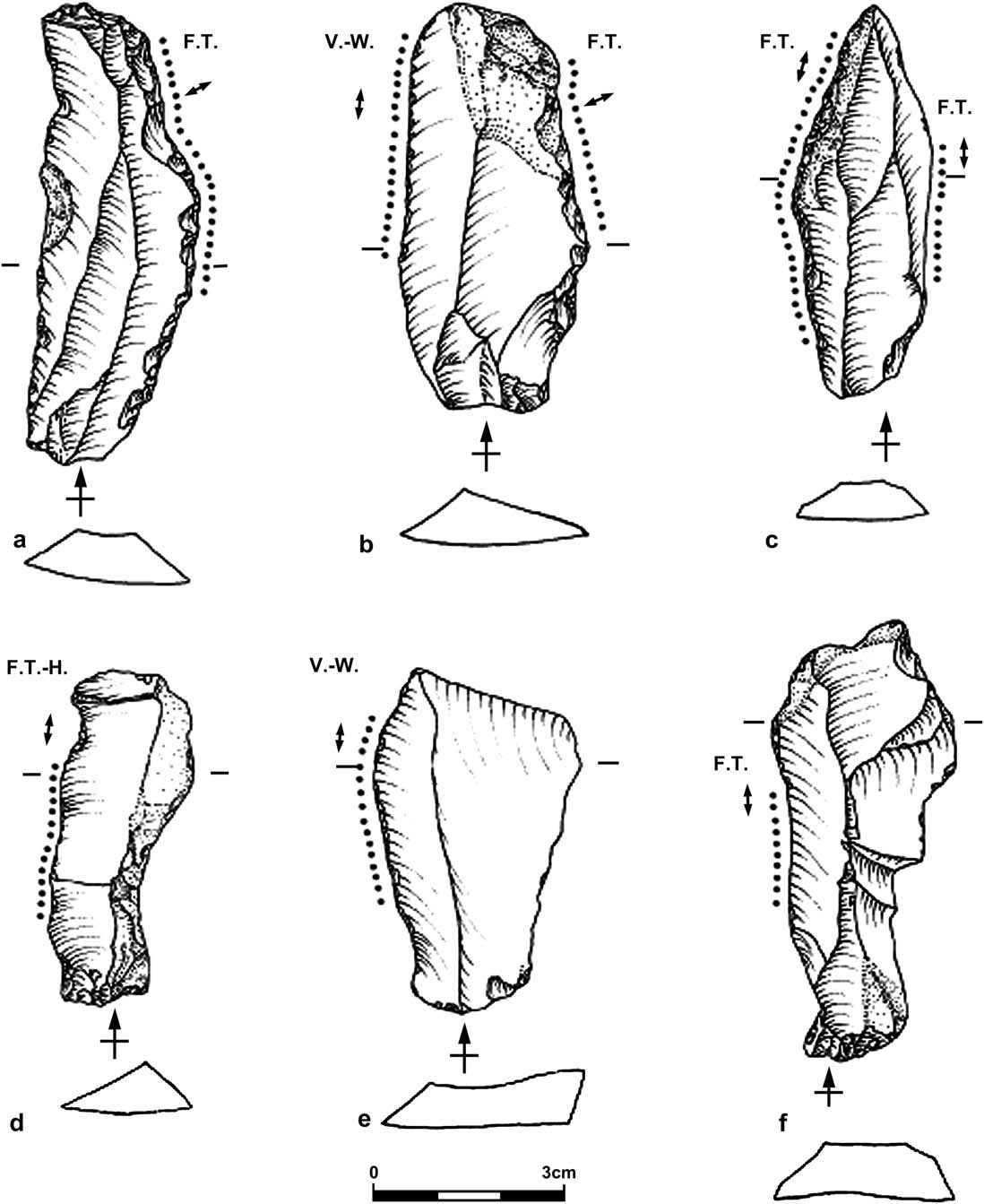
Laboratory of Technological and Functional Analyses of Prehistoric Artefacts

The Laboratory of Technological and Functional Analyses of Prehistoric Artefacts (LTFAPA) is specialised in technological and functional analyses, performed through traces analysis, of archaeological artefacts made of stone, bone tools and pottery. Traces analysis has a firmly established methodology, is applied now systematically in prehistoric contexts and it is spreading also in protohistoric and historic ones. The approach is based on the recognition of micro-modifications of the archaeological tools originated by the contact of the item with the object by which it is modified – technological traces - or by the contact with the material worked – use-traces. A reference collection of replicas of archaeological objects owning traces produced via controlled experimental protocols is a key part of a laboratory of traces analysis. LTFAPA has a reference collection of more than 1000 replicas of knapped lithic tools and macro-lithic tools plus a reference collection of various osseous tools and pottery. The reference collection is accessible to students and scholars for educational and scientific purposes. The laboratory is equipped with high-tech optical equipment (transmitted and reflected light stereomicroscopes; reflected, transmitted and confocal light metallurgical microscopes equipped with high definition cameras; electron scan microscope equipped with an EDX probe; washing equipment). The laboratory is not entirely dedicated to research activities but is also a place where undergraduate and graduate students of “Sapienza” University can learn how to analyse stone, bone tools and pottery through the application of a morpho-techno-functional approach and to process the obtained data through data entry in a specific databases. Experimental activities play an important role in both the teaching and research programs carried out in the laboratory. Experimental frameworks related to archaeological questions are organized and carried out during the B.A. and M.A. courses of Experimental Archaeology taught by Prof. C.Lemorini (www.antichita.uniroma1.it/node/5734) . Moreover, other experimental sessions are performed systematically in the laboratory in order to test hypotheses generated by the analysis of specific archaeological contexts. The experiments are organized and directed by scholars and PhD candidates with the help of M.A. and B.A. students of “Sapienza” University. The laboratory has an ongoing collaboration with ISMN-CNR c\o Dept. of Chemistry, “Sapienza” Università di Roma CNR for the combined study of traces analysis and micro-residues analysis with Micro-FTIR Spectroscopy technique. To this matter, a reference collection of experimental Micro-FTIR spectra is available at the laboratory as well, as the result of an International Collaborative Research Grant of the Wenner Gren Foundation (NY).
Guest Researchers
Alice Vinet
Alice Vinet started her PhD in 2015 at the Paris 1 – Panthéon Sorbonne University in Paris. Her research focuses on the key issues of the Early Chalcolithic societies from Central Anatolia. Around 6000 BC, which correspond to the end of the Neolithic and the beginning of the Chalcolithic, important socio-economic changes took place in numerous of communities of Central Anatolia. While facing a population increase and new regional relationships, resulting from a millennium of sedentarism in western Anatolia, the villagers settled in new territories on the Anatolian plateau. Her project aims to study the cultural and economic interactions between two essential areas of the Anatolian Plateau: the Konya plain and Cappadocia. To document these interactions, she chose two contemporary sites: Çatalhöyük and Tepeçik Çiftlik. She is focusing on the obsidian industry, through a techno-functional approach. By comparing two lithic collections, she is addressing the socio-economic and cultural similarities and differences at a supra-regional scale.
https://www.researchgate.net/profile/Alice_Vinet
https://univ-paris1.academia.edu/AVinet
http://www.trajectoires.cnrs.fr/spip.php?article147
http://www.cepam.cnrs.fr/spip.php?article2444
Email
ltfapa@uniroma1.it
Address
Museo delle Origini
Università Sapienza di Roma
Piazzale Aldo Moro,5
00136
Italy
Phone
(0039)0649913924